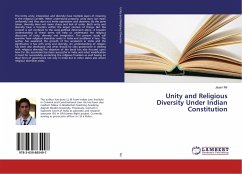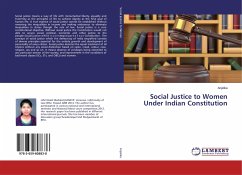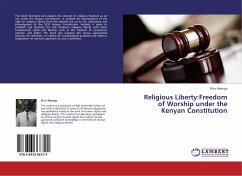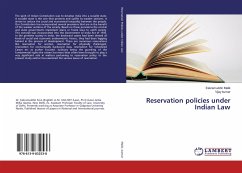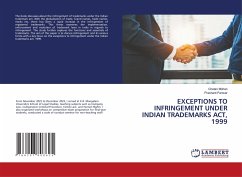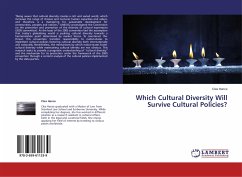The terms unity, integration and diversity have multiple layers of meaning in the religious context. When understood properly, unity does not mean uniformity and thus does not invite oppression and closeness. By the same token, diversity does not mean chaos and lack of order. Both unity and diversity have a function within the larger context of things. But this context is not confined to the socio-political dimension alone. A broader understanding of these terms will help us understand the religious discourses of unity, diversity and integration. The present study will examine how religious diversities exists in India and problems it face. The author has examined the growth of the secularism in India and the significance it has with unity and diversity. An understanding of religion has been also developed and what should be idea governance in dealing with religious diversity.The objective of the book has also focused upon how far the secularism has been successful in India and what modification it need for successfully protecting the religious freedom as well having an ideal form of governance not only in India but in other states also where religious diversities exists.
Hinweis: Dieser Artikel kann nur an eine deutsche Lieferadresse ausgeliefert werden.
Hinweis: Dieser Artikel kann nur an eine deutsche Lieferadresse ausgeliefert werden.

